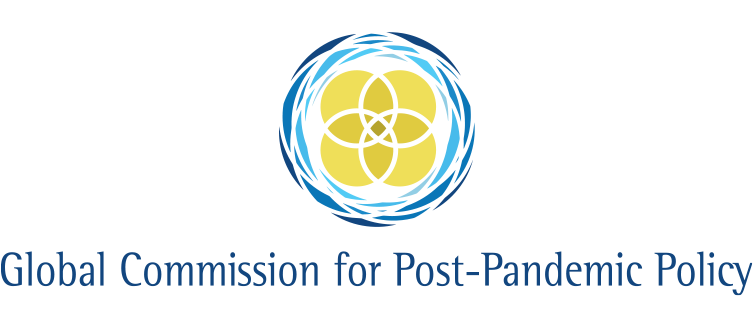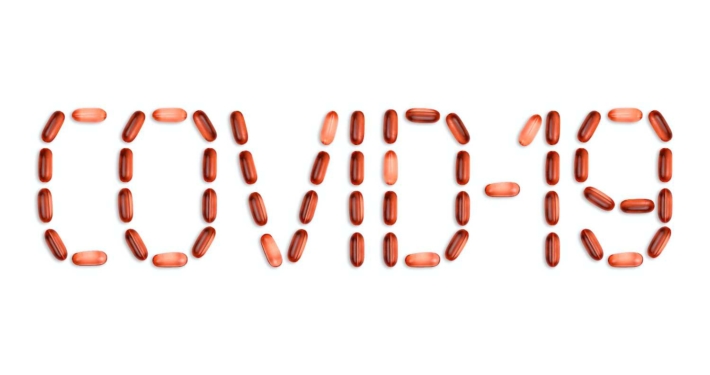The Pandemic, week to July 9th
Health
The number of confirmed COVID-19 cases recorded worldwide began to rise more steeply this week. Infection rates are rising on every continent except for South America—reflecting the rapid global spread of the more transmissible Delta variant of the coronavirus (B.1.617.2).
The new wave in Europe started in the United Kingdom—where daily cases are at levels last seen in January, despite high vaccination rates—but infections are now rising in almost all of western Europe, parts of eastern Europe too and in the former Soviet Union, notably in Georgia and Kyrgyzstan. The same is true of the Middle East, with cases rising markedly in Iran, Iraq and even Israel. That is despite the latter having some of the highest rates of COVID-19 vaccination in the world.
Most concerning are case numbers in Africa, South-East Asia, and the Caribbean—all regions with among the world’s lowest rates of COVID-19 vaccination. The current wave of infections in Southern Africa is already the region’s most severe of the pandemic.
The official tally of COVID-19 deaths crossed 4 million worldwide this week—another tragic milestone. By country, the United States’ official death toll remains the world’s highest at more than 621,000 people, followed by Brazil (528,000), India (405,000) and Mexico (234,000). Sadly, the true toll of excess deaths during the pandemic is certainly much higher than these official numbers—perhaps by as much as three times.
In Indonesia—the world’s fourth most populous nation—rising case rates have public health experts concerned about the prospect of overwhelmed hospitals, as happened in India in recent months. In some parts of the archipelago, hospitals have already run out of beds and ventilators. The number of newly reported COVID-19 deaths doubled in recent days. Only 5.3% of Indonesia’s population of more than 270 million is fully vaccinated.
The Israeli Ministry of Health reports that in real world data the Pfizer-BioNTech coronavirus vaccine appears to be 64% effective at preventing symptomatic infection with the Delta variant—down from 94% against the original strain of the virus—but is still 94% effective at preventing serious illness. Inferring a vaccine’s efficacy from small samples of real world data is an imperfect science, however. In three separate studies in England, Scotland and Canada, the efficacy of the Pfizer-BioNTech against symptomatic infection with the Delta variant has been variously pegged at 88%, 79% and 87%. Whatever the details, all major coronavirus vaccines remain highly effective at preventing severe COVID-19—independent of the strain.
The Centers for Disease Control and Protection (CDC) now estimates that the Delta variant is the dominant strain of the coronavirus in the United States, accounting for more than half of new infections, with the Alpha variant now responsible for only 28.7% of new infections.
In the United Kingdom, the Office of National Statistics reported this week that more people died in the country in 2020 than were born, the first year since 1976 in which that has happened. On its official count, the United Kingdom has lost more than 128,000 lives to COVID-19 so far.
Economy
On July 9-11 the Group of Twenty (G20)—a club of major economies—gather in Venice to hash out the details of a global accord that would rein in tax dodging by multinationals. The new framework will impose a minimum corporate tax rate of 15% worldwide, amongst other measures. The summit follows negotiations led by the OECD, culminating in 130 nations and jurisdictions signing on in principle to the measure last week. The next step will be implementation by national Parliaments, notably the US Congress, where passage will be far from simple. Some countries that have used low corporate taxes to attract foreign direct investment, notably Ireland, continue to oppose the global tax accord, withholding their support, some say, in the hope that it will anyway be rejected by the US Congress.
In the United Kingdom, new figures from the Office of National Statistics suggest that the British economy is still 3.1% smaller than it was pre-pandemic. That is despite GDP growth in May of 0.8%, driven by a recovering services sector. The fourth consecutive month of growth in the United Kingdom, the figures suggest that the British economy is moving in the right direction—albeit more slowly than hoped and than in April.
The European Central Bank (ECB) committed to shift its consumer-price inflation target up from “below, but close to, 2.0% over the medium-term” to a slightly higher but less-ambiguous “2.0% over the medium-term”. The monetary authority also explicitly clarified that the 2.0% target is not a hard ceiling, and that it will tolerate somewhat higher levels of inflation for some time in order to support Europe’s recovery from the COVID-19 pandemic. The changes follow an 18-month review of the ECB’s strategy—the first such review since 2003—which concluded that its existing policy is too vague and has led to premature calls for tighter monetary policy.
Oil prices hit a six-year high as the OPEC cartel struggled to reach an agreement on its output policy. The group of oil-exporting countries and allies is deadlocked over the details of a prospective increase in global oil production. Essentially, the United Arab Emirates is blocking a Saudi-backed plan to increase global oil production by 2 million barrels a day between August and December, as it wants its own production quota to be higher. Assuming a deal is ultimately reached, increased global supply will put downward pressure on oil prices, easing inflationary pressures.
This week, the European Commission cleared a takeover of Alexion—a Boston-based biotech firm—by Anglo-Swedish pharmaceutical company AstraZeneca. The US$39 billion acquisition is the largest that AstraZeneca has made to date. Alexion develops and manufactures treatments for rare diseases. Its highest-grossing drug is Soliris, a treatment for immune disorders. The United States has already cleared the deal, while the United Kingdom’s competition regulators are still reviewing the bid.
Politics
In the United States, President Joe Biden declared that “the most patriotic thing” an American can do is to get vaccinated against the coronavirus. The remarks were made at a Fourth of July party on the White House’s South Lawns, and broadcast nationally. The President had hoped to use the holiday—which celebrates American independence—to also mark the country’s independence from the virus. With cases rising rapidly due to the Delta variant, the United States is not there yet.
The rise of new COVID-19 cases has not been the only challenge facing the United States and its neighbours in recent weeks. The Copernicus Climate Change Service, an agency supported by the European Union, reports that last month was the hottest June on record in North America. The continent was 2°C warmer on average in June 2021 than the 1991-2020 June average. The region worst affected was the Pacific Northwest, where temperature records were shattered—sometimes by as much as 4.6°C. The world is still in the throes of the COVID-19 pandemic, but climate change rests for no one.
The Prime Minister of Luxembourg Xavier Bettel is in a “serious but stable” condition in hospital with COVID-19 symptoms, reports his press secretary. Bettel was admitted after being diagnosed with hypoxia—low blood oxygen levels—an early warning sign that more serious medical care is needed. Less than two weeks ago, the prime minister was turning heads at a European Union summit in Brussels with an intense personal account of coming to realise he is gay. His comments formed part of a debate on a new law on sex education in Hungary, which appears designed to target the LGBTQ community.
In eSwatini, the last absolute monarchy in Africa and formerly known as Swaziland, the death of a 25-year-old law student—allegedly at the hands of the police—has sparked mass pro-democracy protests in opposition to King Mswati III and his regime. In the last week, at least 27 people have died at the hands of security forces during a violent government crackdown. The prospect of a revolution is not the only challenge facing the country right now, for new coronavirus infections have spiked considerably since the protests began.
GCPPP Newsletter
We now publish a weekly newsletter to inform friends and supporters of the Global Commission’s progress and to provide updates when new content is published. Please sign up here:


 Volodymyr Hryshchenko, Unsplash
Volodymyr Hryshchenko, Unsplash
 Adam Nieścioruk, Unsplash
Adam Nieścioruk, Unsplash
 visuals, Unsplash
visuals, Unsplash


 Photo by SAUL LOEB/AFP via Getty Images
Photo by SAUL LOEB/AFP via Getty Images